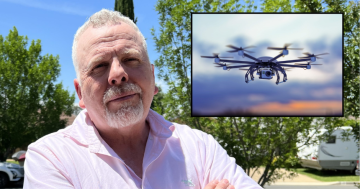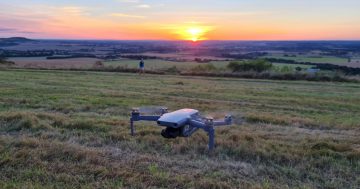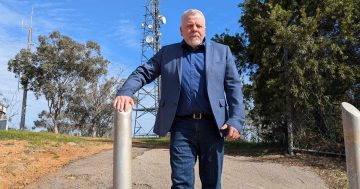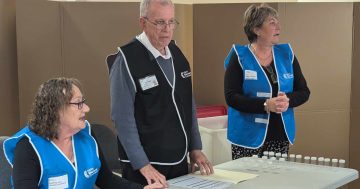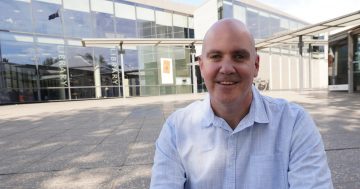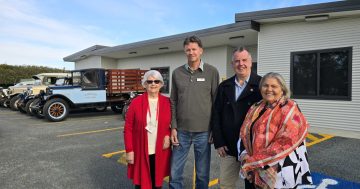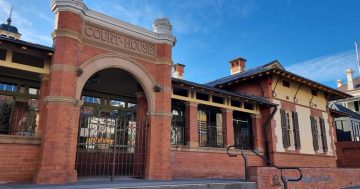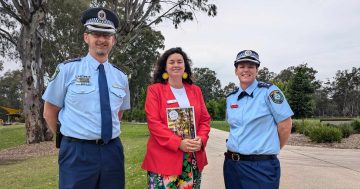
NSW Council of Civil Liberties President Timothy Roberts is concerned about how drones would be regulated. Photo: Timothy Roberts/LinkedIn.
A prominent civil libertarian has raised concerns about a Wagga proposal to use police drones to pursue people illegally using motorbikes, questioning what protections would be in place if the unmanned aerial device filmed an innocent bystander “in their underwear”.
Wagga Wagga City Council (WWCC) unanimously voted in favour of reaching out to Riverina District Police (RPD) to determine whether the use of drones would be beneficial in pursuing riders, and if agreed upon by the RPD, would write to the necessary government bodies to seek the use of drones in the city.
While WWCC and Cr Richard Foley – the councillor who moved the notice of motion suggesting the use of drones – used strict wording to ensure drones would only be used in pursuit of people conducting illegal activity, the NSW Council of Civil Liberties president, Timothy Roberts, has expressed some concerns.
Mr Roberts said that while he understood WWCC’s eagerness to explore the use of drones, NSW and Australia as a whole did not have the permissions and policies in place to properly protect civilians caught in recordings used by police.
“It’s one of those things where you can be well intentioned and say that it’s only about pursuit, but where are the policies that make that clear?” he said.
“What if, as is common with these motorbikes, they travel down a busy street and the drone flies over someone putting out their clothes on the line in their underwear while in their own backyards?
“The police have now got footage of that. Where was the warning to the community about the use of the drones in the area? Where are the public reassurances about what will be done with it if any footage is gathered, and how it will be deleted or stored or explored?”
He said the police would have to have very strict procedures about the use of drones that were also publicly available.
“Ultimately, while using drones might be a good idea for a headline, in practice it means police will have the collection of personal information and surveillance of people in the public. This leads to questions about how that data is stored and how that information is used,” he said.
“There needs to be a committee discussion at the highest point of authority about potential concerns around it opposed to just coming up with an idea, which takes a lot of time to properly and legally put together.”
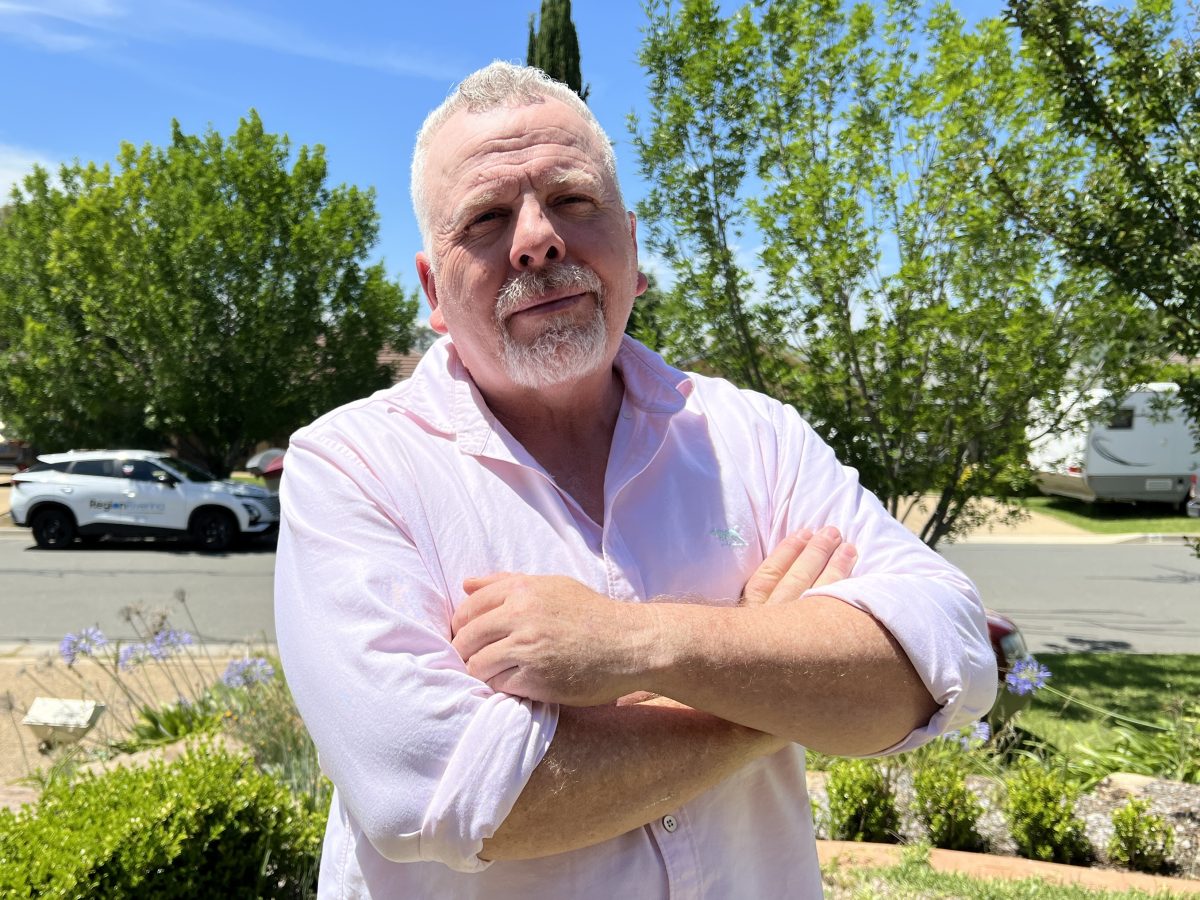
Wagga Wagga City Councillor Richard Foley thinks the drones can be used without infringing on people’s privacy. Photo: Chris Roe.
Cr Foley said he was against drones being used in any other form than for pursuing bikers, stating he was not in favour of a Big Brother-like entity surveilling everyone in their own homes. However, he said the purpose of a trial in Wagga was a way to lay down the foundations of policy and legislation regarding the use of drones.
“The point of the trial in Wagga is to actually get the targeting tool out and deployed to work out how we can respectfully address the issue of privacy,” Cr Foley said.
“The reality is, when a drone would be activated, like they are currently doing in the United States – say it’s a call-out to a carjacking or whatever the police matter is, the drone is launched thousands of feet in the air and targeted to where that call has just been made.
“These drones’ cameras can zoom in on a matchbox from 4000 feet. They would follow the assailant home, and the guys on the bikes wouldn’t even know that the drone was there.
“Once they head home or into a building, police will then be told where they’ve gone, with the drone pinpointing the position exactly.”
Cr Foley said he understood people’s concerns about privacy and insisted WWCC would work with police and any other necessary authorities to ensure as many people’s civil rights as possible.
“We have the right for our children not to be run down by one of these motorbikes and left disabled, like what happened to one poor girl several years ago. That’s also a civil liberty. We have the right about balancing of freedoms so that offenders don’t get to trample on everyone else’s rights,” he said.







